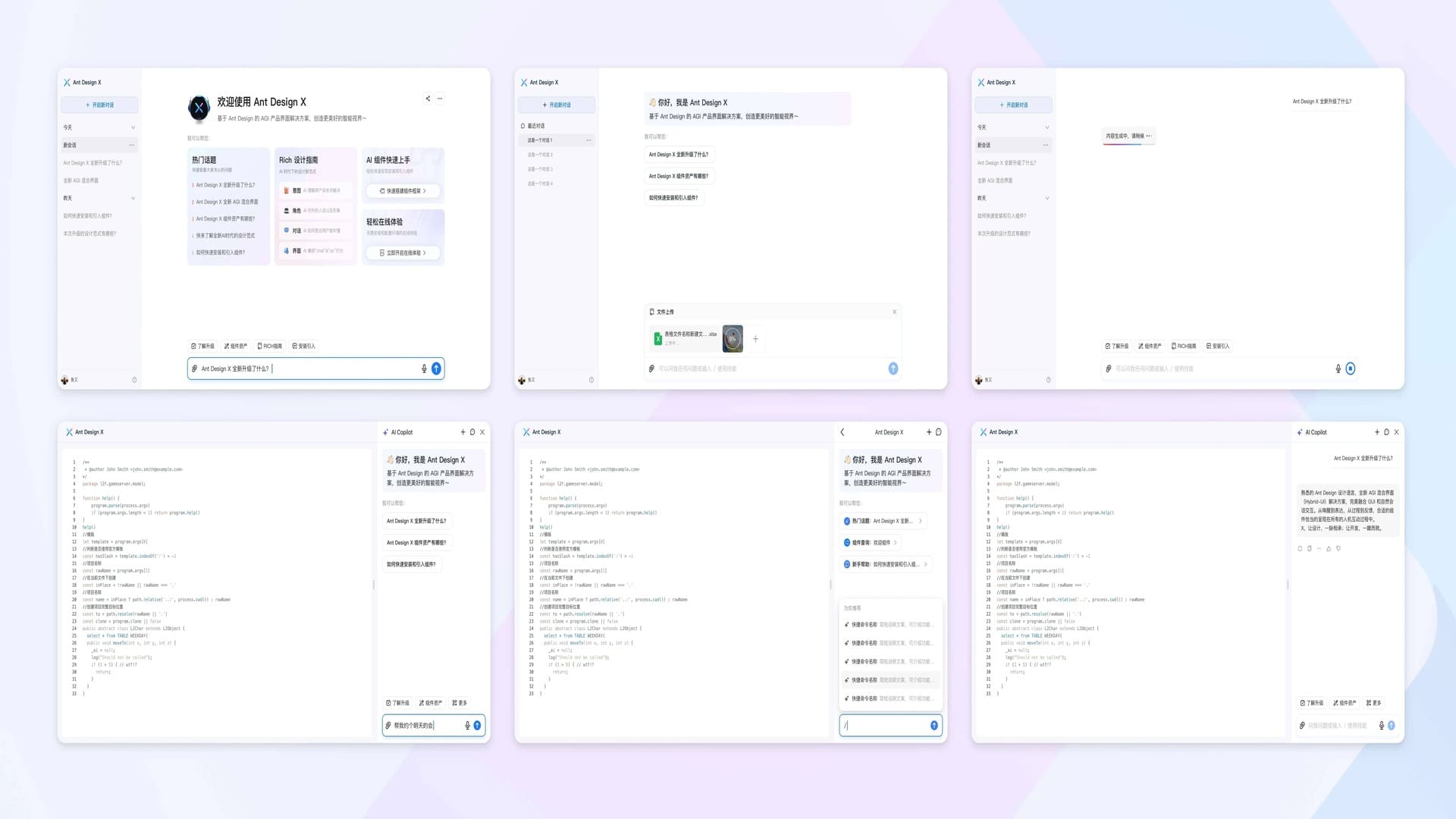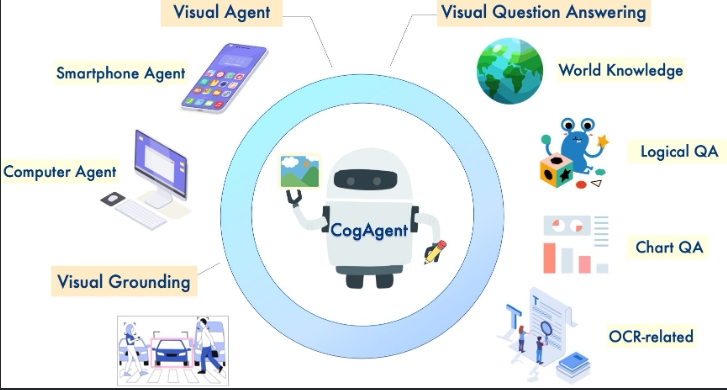Training ChatGPT to Generate Prompts for Stable Diffusion

What are Prompts?
In ChatGPT, prompts play a crucial role. They are the inputs or questions provided to ChatGPT that initiate conversations and guide responses. Prompts help make conversations more focused and meaningful, ultimately improving ChatGPT’s efficiency and user experience.
Through prompts, ChatGPT can better understand user intentions and needs, providing more accurate and useful responses. Additionally, prompts help users better express their questions or requirements, making conversations more fluid and effective.
Furthermore, prompts contribute to ChatGPT’s self-learning and optimization. User responses and feedback can be used to improve ChatGPT’s algorithms and models, enhancing its prediction accuracy and intelligence.
How to Train ChatGPT Using Prompts?
Now that we understand the importance of prompts in ChatGPT, we can use them to enhance dialogue efficiency in specific scenarios. Through prompts, we can train ChatGPT to assume different roles or complete various tasks.
Basic Steps for Writing Prompts:
- Define the role or task you want ChatGPT to perform (e.g., doctor, coach, lawyer)
- Set the conversation mode between you and ChatGPT (Q&A, instructions, storytelling, etc.)
- Provide context about your situation, needs, and goals
- Establish rules and expectations for ChatGPT’s responses
- Include example inputs and outputs to demonstrate your standards
- Use special symbols or formatting to distinguish your prompts from ChatGPT’s responses
Tips for Writing Effective Prompts:
- Use simple, clear, and precise language to avoid ambiguity
- Provide sufficient information without being excessive or insufficient
- Use specific examples and details rather than abstract concepts
- Maintain a positive, friendly, and polite tone
- Create interesting, creative, and challenging prompts
Common Prompt Examples
- Acting as a Psychological Counselor: Help solve psychological issues with professional and empathetic responses
- Acting as a Food Expert: Recommend restaurants and dishes based on preferences
- Acting as a Tour Guide: Introduce interesting tourist spots and activities
- Acting as a Doctor: Help diagnose and treat health issues
- Acting as a Fitness Coach: Provide exercise plans and health guidance
- Acting as a Lawyer: Offer legal advice and guidance
- Acting as a Blockchain Expert: Explain blockchain concepts and applications
- Acting as a VR Designer: Help design virtual reality experiences
- Acting as an AI Professor: Explain AI principles and trends
- Acting as a Cloud Computing Engineer: Assist with cloud platform deployment
- Acting as an IoT Expert: Introduce IoT concepts and applications
- Acting as a Robotics Engineer: Help design and build robots
- Acting as a Hairstylist: Recommend suitable hairstyles
- Acting as a Chef: Provide cooking guidance and recipes
- Acting as a Film Director: Guide video production
- Acting as a Language Teacher: Help learn new languages
- Acting as a Personal Trainer: Assist with fitness and body shaping
- Acting as a Musician: Help with music composition
- Acting as a Translator: Provide accurate translations while maintaining formatting
Each role can be customized with specific instructions and examples to get the most relevant and helpful responses from ChatGPT.
More Articles
![OpenAI 12-Day Technical Livestream Highlights Detailed Report [December 2024]](/_astro/openai-12day.C2KzT-7l_1ndTgg.jpg)







